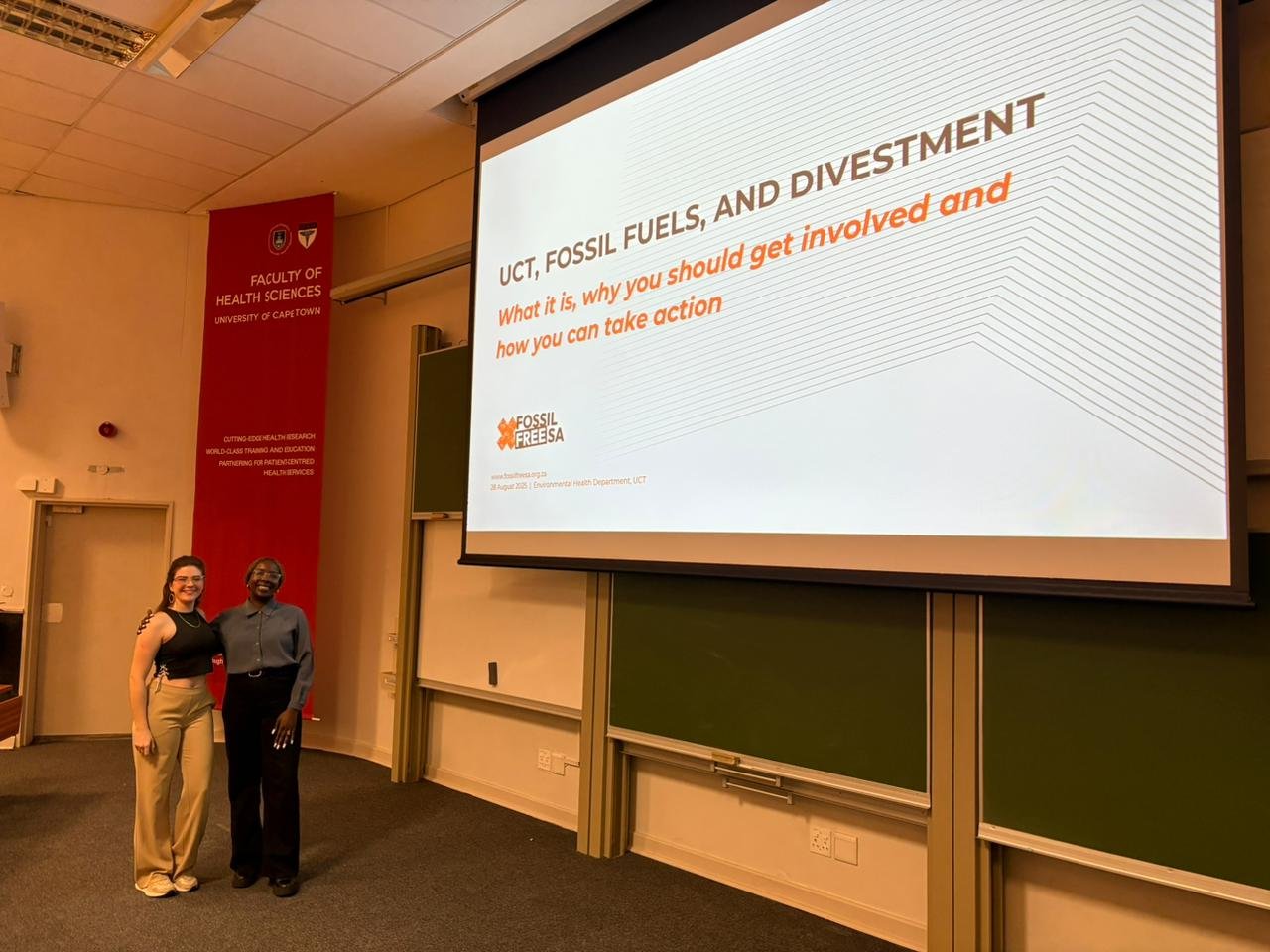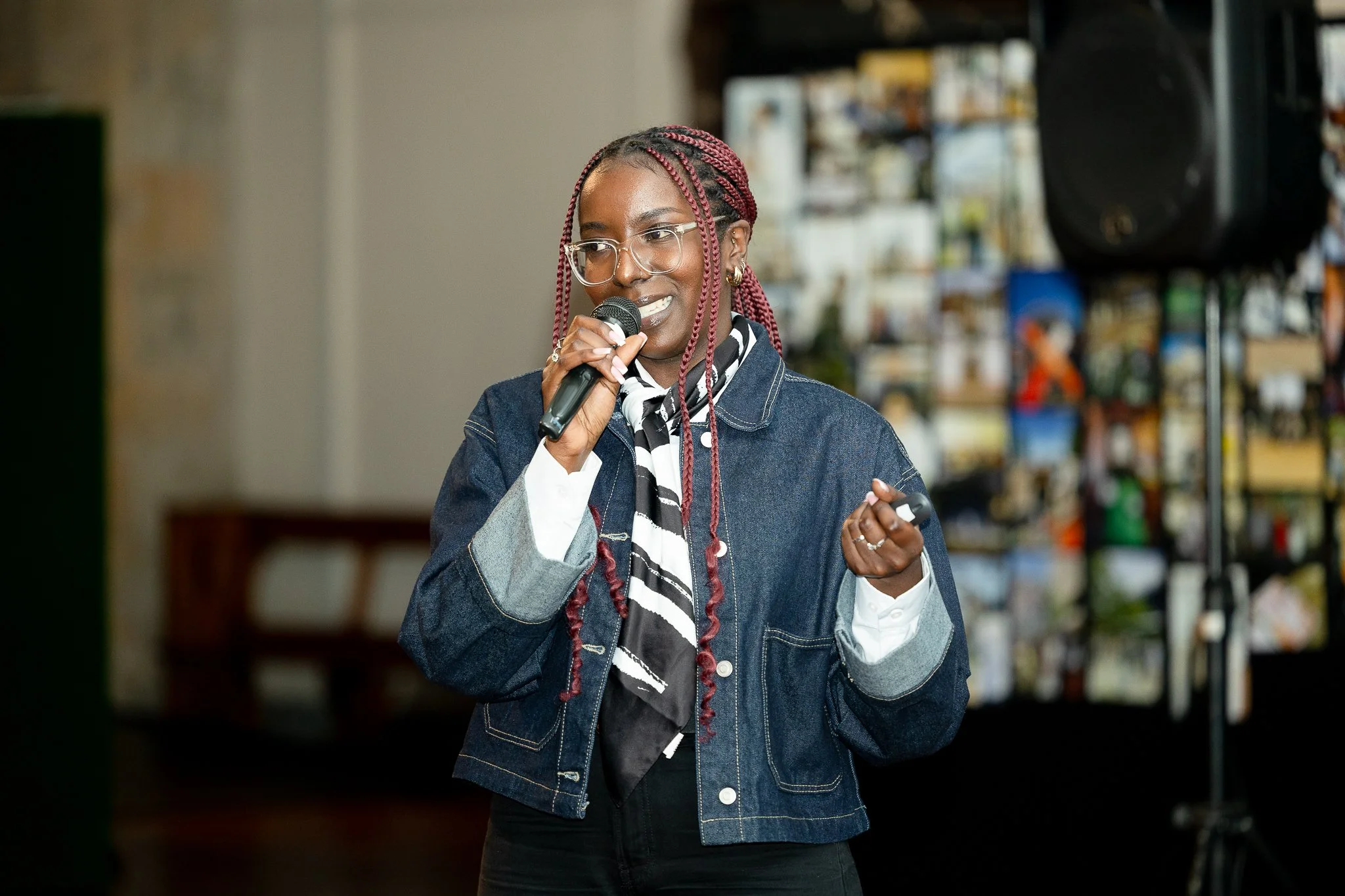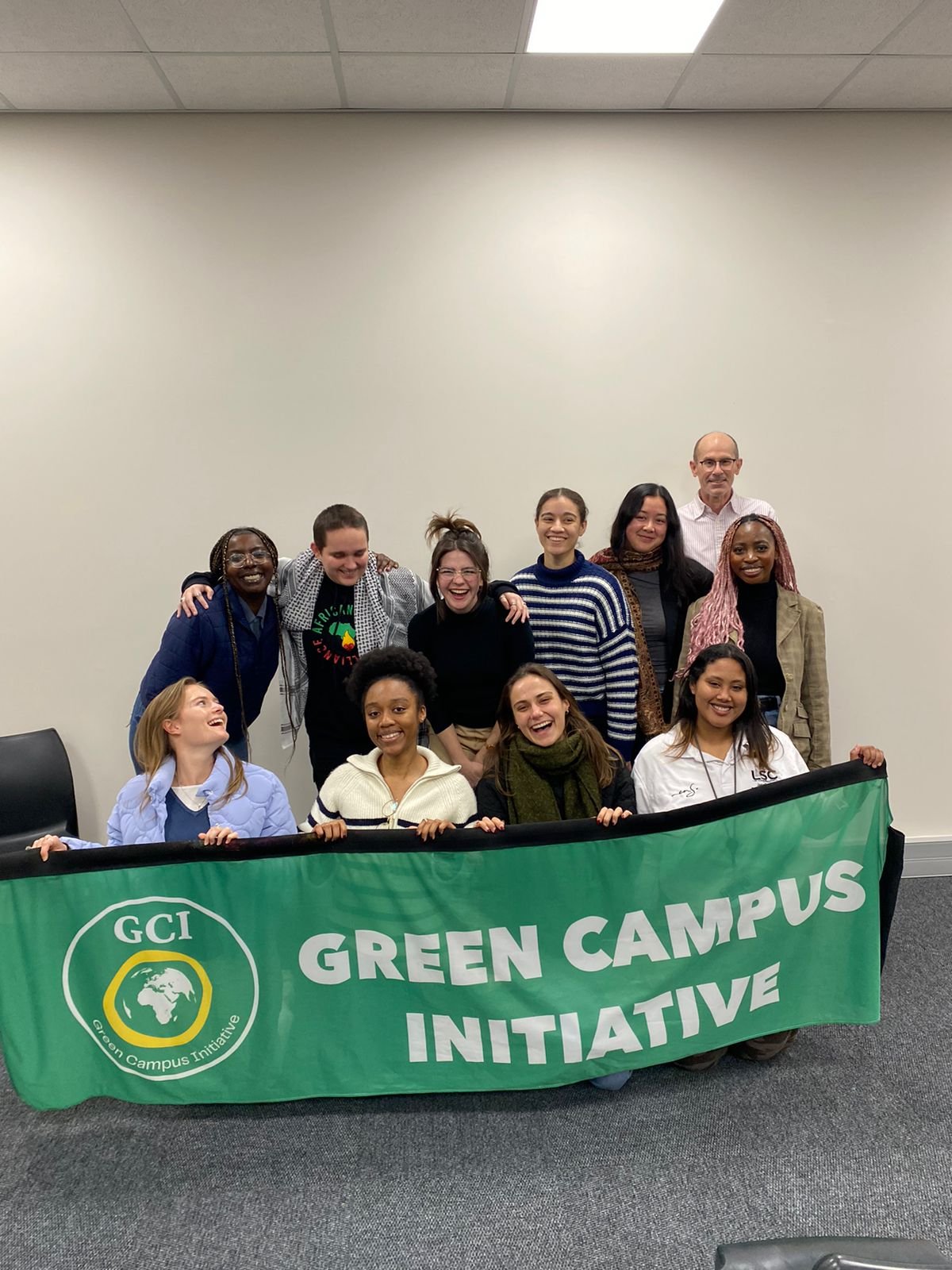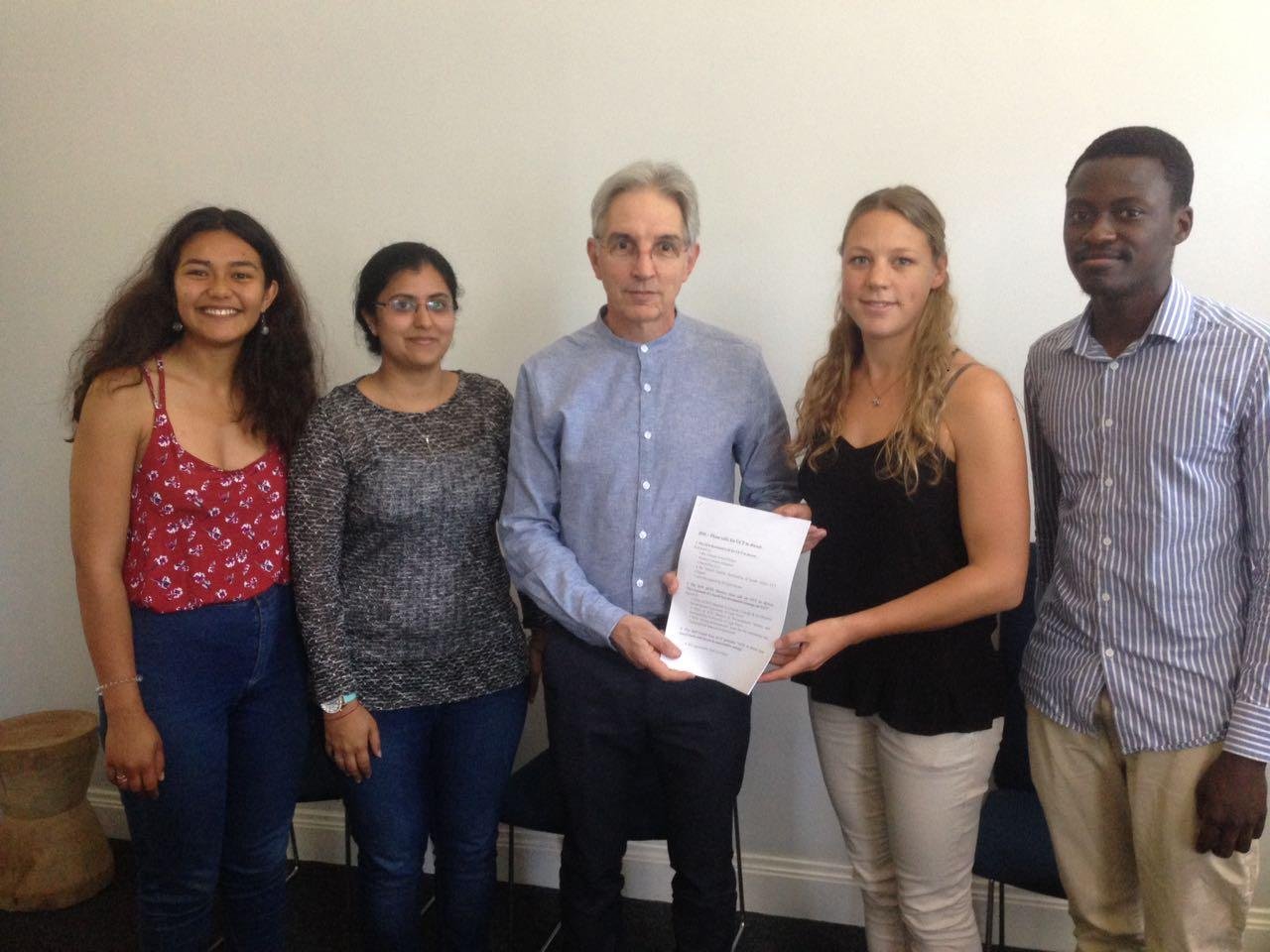UCT campaign
UCT has made progress on its committment in 2022 to divest from fossil fuels. Now students have moved their sights to researching other ways fossil fuels are embedded at the university, and to see if there are further ways the university can disassociate from fossil fuel interests.
Our most recent updates and detailed history of our campaign, going back to 2013, can be viewed on our campaign timeline overview here. Below, find news, events, a timeline of pictures and Frequently Asked Questions.
DIVEST FROM FOSSIL FUELS
·
INVEST IN THE FUTURE
·
DIVEST FROM FOSSIL FUELS · INVEST IN THE FUTURE ·
take action now!
Get your department, faculty, institute or student society to sign on to our call for expanded public leadership on climate change by all our universities. Please reach out if you have any questions or concerns, or would like to have our divestment team present to your team.
Background
The Fossil Free UCT campaign was the founding campaign of Fossil Free SA, and is an ongoing collaboration with partners such as the UCT Green Campus Initiative (GCI), the Climate Action Project, and UCT academic staff members.
Upcoming events
Past events
News
Gallery
August 2025: Our campaigners spoke to fourth-year medical students at UCT’s School of Public Health to get them on board with our Climate Leadership Platform — a call for the university to take bold climate action by being transparent about fossil fuel ties and reinvesting in renewables.
July 2025: Sandrine provided her 2024-2025 report back at our Annual General Meeting and 10th birthday celebration event, held at The Homecoming Centre in Cape Town.
April 2025: Our interns connecting with students at Green Campus Initiative's Inter-Varsity Climate Festival.
March 2025: Green Campus Initiative hosted a welcome function for new members, and invited us to give an overview of our work with them.
March 2025: Our Divestment team presented at UCT's Environmental Health Faculty.
February 2025: UCT's Green Campus Initiative invited our team to join their Plaza Day event, where we had great conversations with students about FFSA's work with GCI.
August 2024: Defossilising training with UCT's Green Campus Initiative student organisation.
December 2019: Fossil Free UCT protests for divestment at Convocation.
December 2019: Fossil Free UCT protests for divestment at Convocation.
May 2019: Protest for divestment on campus.
2017: Fossil Free and UCT's GCI holding a petition signing on UCT's campus.
2017: UCT divestment think tank.
2016: Students present VC with divestment petition.
2015: Global divestment day protest.

Your questions answered
-
UCT is the leading university in Africa, and a centre of excellence in climate research. It has a profound responsibility to model the behaviour that its research and teaching shows is most likely to help secure a safer climate – that is, to do everything in its power to reduce its contribution to climate change. It has a duty of care to its students that does not include making socially corrosive investments.
For it to continue to invest in and profit from the causes of climate change is completely at odds with its purported socially progressive mission; it’s behaving like a doctor who smokes front of their patients.
Fossil fuel divestment by UCT could have a profound and positive ripple effect through society, other universities, and the financial sector. It would demonstrate the kind of leadership the university claims to advocate, yet in this instance, fails to actually demonstrate.
There are also excellent and very sound financial reasons why it would be prudent for UCT to divest, as this article (co-authored by associate professor Co-Pierre Georg) we had published in Business Day early in 2020 explains: ‘Investors are sitting on a time bomb of fossil fuel assets’.
In a positive step, the UCT Retirement Fund surveyed its members in June 2020 to ask how much attention it should pay to environmental, social and governance issues, including climate. However, the RF is separate from the UCT endowment, which has been the main focus of our activism.
More detailed accounts of the case for UCT to divest appear in our long-standing petition, in this guest post on the ACDI blog, and in our 2018 submission to the Institutional Reconciliation and Transformation Commission.
-
An endowment is an investment fund that provides income to the university to supplement its grant from government and its income from student fees. Not all SA universities have endowments, but UCT has one of the biggest endowments in South Africa, worth R7–8 billion, alongside Wits, Stellenbosch and UNISA. UCT’s endowment is part-managed by the arms-length UCT Foundation, whose trustees are not publicly listed or known to us. Different portions of the endowment are allocated to different fund managers, such as Allan Gray and Coronation, neither of which are responsive on climate issues.
-
UCT’s finances are overseen by:
On a day-to-day basis, the Joint Investment Committee (a rather secretive body; we cannot find out who serves on it). The JIC answers to:
Council, UCT’s highest decision-making body.
The new University Panel on Responsible Investment (established in 2018 as a result of our lobbying), chaired by Professor Tom Moultrie, which will in theory advise the JIC on how to modify its practices to incorporate responsible investment considerations.
The Vice-Chancellor is a member of all three bodies.
However, it is not yet clear:
How robust the UPRI’s advice will be
Whether the JIC will follow the UPRI’s guidance, and,
What will happen if the two bodies disagree.
-
UCT’s Convocation is ‘a statutory body administered by the Office of the Registrar. It comprises graduates and all holders of diplomas and certificates of the university, the Vice-Chancellor, the Deputy Vice-Chancellors and the academic staff, as well as emeritus professors and emeritus associate professors.’
As of December 2020, Convocation has now voted THREE times in favour of divestment, each time by an overwhelming majority. Unfortunately, Convocation’s votes are non-binding, and the administration has not implemented its resolutions.
-
In the past, most investors or savers had their own personalised share portfolios. But the modern asset management industry cuts costs by pushing its clients into joint funds such as unit trusts that give clients little or no choice over the individual companies in which we end up being invested. Many people do not want to invest any longer in companies like Sasol, but are essentially forced to do so by asset managers like Allan Gray, which have so far declined to create fossil fuel-free joint investment funds. Creating a new fund in South Africa generally requires “seed-funding” of between R100 to R300 million. UCT and other leading SA institutions could, by diverting very small portions of their current portfolios, seed-fund several new competing fossil fuel-free funds. Several SA asset managers have already indicated their willingness to manage such funds, and believe they could secure competitive returns from those funds. Overseas, fossil fuel-free funds have mostly produced similar or better returns than those that continue to invest in fossil fuels.
-
You can read the full history of this campaign on our timeline back to 2013. We have secured the support of around two to three thousand UCT academics and students, at different times, for divestment. Hundreds of people have signed letters to the 2020-appointed Council in support of divestment. In response to our work, UCT has appointed first an ethical investment task team in 2015; then, in 2018, a university panel on responsible investment, which has heard the case for divestment. The current VC, Prof Phakeng, has said more than once that the university accepts the principle of divestment. All this is progress, but we can only end our campaign once divestment has been institutionalised; that is, written into university policies and procedures, and demonstrated in practice by the commitment of substantial capital into ethical investment funds.
-
Q. Shareholder engagement with fossil fuel companies is a more effective strategy than divestment.
• It is now nearly 30 years since the world established a consensus on the need to reduce global carbon emissions, in the form of the UN Framework Convention on Climate Change. SA asset managers have had decades to show the effectiveness of shareholder activism in persuading fossil fuel companies to change their ways. Yet most have only recently begun to engage on the issue, and none can point to any substantive changes in actual practice secured by their engagement. The time to engage is long past; calls for prosecution would now be more appropriate.
• The evidence for dangerous climate breakdown is now so overwhelming that no-one serving as a fossil fuel company executive can claim ignorance. These executives are consciously and deliberately prioritising continued profit over environmental damage. Like tobacco industry executives, they are highly unlikely to be open to moral suasion.
• The university has no track record of shareholder engagement. It is strange to argue that divestment would prevent the university from doing something it has never done before.
• Engagement, if adopted in all sincerity and not as a figleaf for inaction on divestment, can be pursued in tandem with partial divestment.
• Dialogue and engagement can be useful, but only when managed by institutions with the resources, clout and determination to undertake the necessary research and demand the attention of company boards. Even with all due good intentions, UCT is probably not such an institution. The Vice Chancellor has said (at the May 2017 divestment think tank) that UCT does not have and cannot afford the expertise/resources to pursue a meaningful engagement policy of its own.
• Engagement, if adopted in all sincerity, must be outcomes-based and set clear targets for success, failing which complete divestment should be announced. For example, the university could insist that investee companies such as Sasol must meet required global annual carbon emissions reduction targets, currently a minimum 7.6%, or face incremental divestment.
• There is, sadly, little evidence (goo.gl/mvv67w) that engagement with fossil fuel companies is ever effective in persuading them to adjust their core business models.
Q. The university will lose income from divestment.
-
Divestment is not just or even mostly about moving money; it is at its heart a social and moral movement that asks us all to take personal responsibility for climate change by examining how we are linked financially to the companies most responsible for it. Divestment works not just when money moves from fracking to wind power, but when a pensioner’s ethical decision about their savings turns them into an activist, when an engineering student decides they don’t want to go and work for Sasol, when a politician sees their constituents working to move their money and understands how important climate breakdown is.
The divestment movement has fostered many climate activists who have gone on to work in new arenas, such as Extinction Rebellion and Greta Thunberg’s FridaysforFuture.
The social and political nature of fossil fuel divestment (and its links to our own anti-apartheid struggle in South Africa) has been very well explained by Robert Massie, a senior advisor from Boston Common Asset Management in the US, speaking in 2015.Well, I’ve heard [this claim] that divestment is ineffective and I would like to suggest otherwise. Taking the South African case, where I wrote a 700-page book on it, it’s absolutely true it had no effect on the stock price and that’s totally irrelevant. At no point during the South African divestment or in the fossil fuel movement does anyone care about the stock price of these companies. If you look at it through finance, you see no effect and therefore you conclude that there’s been no impact. But if you look at it through the discipline of history, you see that it’s incontrovertible that step by step by step it was the South African divestment movement that changed the public discourse, that transformed the decisions of corporations to get out of South Africa and our government, led by a Republican Senate, to pass a comprehensive sanctions bill. Well, one of the things that’s fascinating about it is that climate change has been one of those problems where we’ve been hoping that someone else would do something about it. But divestment has the impact of saying, what are your direct responsibilities? If you own stock in Exxon, if you’re receiving dividends from Exxon whose business model is to destroy the planet, do you feel comfortable with that? Do you endorse what they’re doing? Normally, when you own a stock, you’re endorsing their business plan. And so instead of pushing this off to someone else, it transforms people and institutions exactly as a democracy should.
-
The current Vice Chancellor, Prof Phakeng, has now indicated twice, at a meeting in 2018, and publicly during the December 2020 meeting of Convocation, that the UCT administration accepts the principle of divestment. However, the university has to date not actually moved a rand of capital away from fossil fuels. Divestment has not been integrated into formal policies and procedures in any way.
In response to our campaign, the university did create in 2015 an ethical investment task team (in which we participated), and then a University Panel on Responsible Investment in 2018. In October 2020, we were invited to present an in-depth case for divestment to the UPRI, which we did, to a generally warm reception. However, three years after the UPRI was appointed, it has (as of January 2021) yet to make a single formal recommendation to the university.
The university has appointed a sustainability officer and made moves to integrate sustainability into its operations, with, e.g., solar installations being planned for new buildings. (We are not claiming full credit for these welcome changes.)
-
We can only declare success and end our campaign once divestment has been institutionalised; that is, written into university policies and procedures, and demonstrated in practice by the commitment of substantial capital into ethical investment funds. As of August 2021, the University Panel on Responsible Investment has recommended that Council adopt a policy of complete divestment by no later than 2030, which is a great step forward.
-
Climate breakdown and other ill effects of fossil fuel use are already destroying numerous jobs and livelihoods.
Divestment will not put fossil fuel companies out of business overnight, but will send a strong signal for transformation.
Fossil fuel companies’ resistance to changing business models is a far greater threat to jobs than divestment.
Multiple assessments suggest a just transition to a sustainable economy could create more jobs than the fossil fuel industry currently offers.
The Fossil Free UCT campaign strongly supports the principle of just transition; that is, that individuals and communities vulnerable to losing employment in the energy transition should be supported in finding new opportunities and incomes.
Wow – we still haven’t answered your question? Get in touch or see our divestment uber-FAQ here.



























